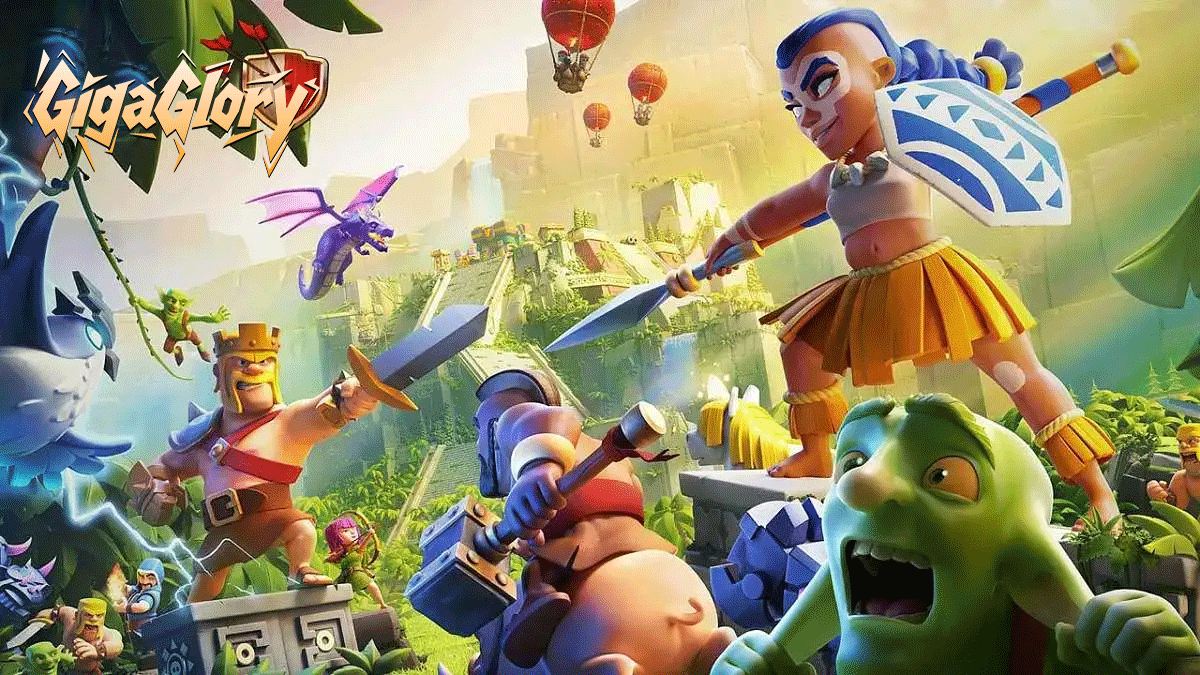Why Simulation Games Are the Ultimate PC Games for Realistic Experience
When it comes to diving into immersive worlds, simulation games take the gold. They offer players unparalleled realism while allowing them to control every aspect of their virtual environments. So, why are simulation games considered the ultimate PC games? Let’s explore this intriguing question.
The Essence of Simulation Games
Simulation games are designed to mimic real-life scenarios and systems. Instead of relying on predefined scripts, these games operate on complex algorithms that create dynamic interactions. Here’s what makes simulation games stand out:
- Realism: These games allow players to experience real-world activities, from flying an airplane to managing a farm or even constructing a city.
- Player Agency: Unlike traditional games, players can make their own choices, leading to unique outcomes and fostering creativity.
- Learning Opportunities: Many simulation games incorporate educational elements, teaching valuable skills applicable in real life.
PC Games: A Platform for Simulation
The PC platform has long been the preferred choice for simulation gaming. With its superior processing power and graphics capabilities, players can experience unparalleled realism. Here’s a quick comparison of why PCs excel in simulation gaming:
| Feature | PC | Console |
|---|---|---|
| Graphics Quality | High resolutions with customizable settings | Limited to fixed hardware capabilities |
| Modding Community | Extensive mods enhance gameplay | Very few options for mods |
| Controls | Multiple input options: keyboard, mouse, gamepad | Limited to game controllers |
Clash of Clans and Online Games
While traditional simulation games focus on realism, games like Clash of Clans combine strategy elements with simulation. Players can build their own empires, strategize with friends, and experience real-time battles. Online simulations link players from around the globe, enhancing competitive elements and community engagement.
Key Features of Online Simulation Games
- Social Interaction: Engage with friends or meet new players.
- Real-Time Strategy: Success often depends on your ability to think quickly.
- Event Coordination: Players can organize events to claim rewards.
Game RPG Strategy and Simulation
Simulation games can overlap spectacularly with RPG (Role-Playing Game) strategy elements. Players create characters, build their storylines, and, more importantly, face challenges that require strategic thinking and planning. For instance:
- Character Development: Players invest time in developing their avatars using simulation mechanics.
- Environment Interaction: Every decision impacts the game world, creating a living ecosystem.
- Multiple Outcomes: Your strategy can lead to varying endings based on actions taken.
The Future of Simulation Gaming
As technology advances, the potential for simulation games is unprecedented. With the evolution of virtual reality (VR) and augmented reality (AR), players have a whole new layer of experience to look forward to. Imagine stepping inside your favorite simulation game, feeling the wind in a racing game or the thrill of flying an aircraft from your own living room!
Key Trends and Developments
- Integration of interactive storytelling.
- Use of AI to create more responsive game environments.
- Expansion into VR and AR, enhancing immersion levels.
Conclusion: Why Simulation Games Reign Supreme
In summary, simulation games excel due to their ability to mimic real life, offer extensive player agency, and provide invaluable learning opportunities. They provide pathways to engage with technology beautifully, representing the essence of what gaming should be. Not only do they entertain, but they also educate and inspire creativity. Whether you are managing a city, leading a clan in an online game, or crafting intricate stories in RPG settings, the experiences they offer remain unmatched.
FAQs
What are some popular simulation games on PC?
Some favorites include The Sims series, Cities: Skylines, and Microsoft Flight Simulator. Each delivers a unique angle on simulation.
Can simulation games help improve real-life skills?
Absolutely! Skills such as strategic thinking, resource management, and even social skills can be enhanced through gameplay.
Are there simulation games for casual players?
Yes, there are plenty of simulation games designed for casual players, offering simpler mechanics and less time commitment. Think of games like RollerCoaster Tycoon or FarmVille.



